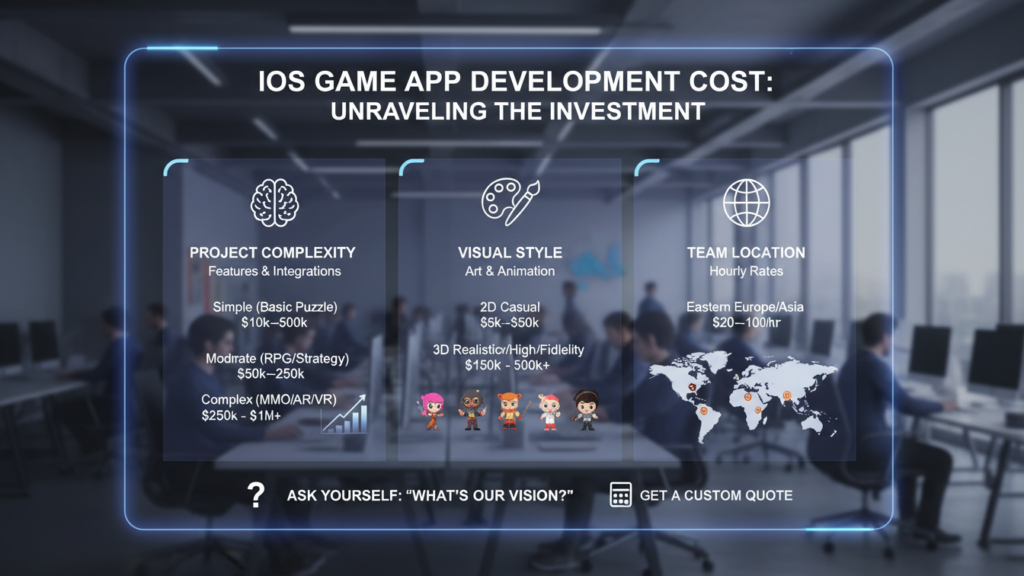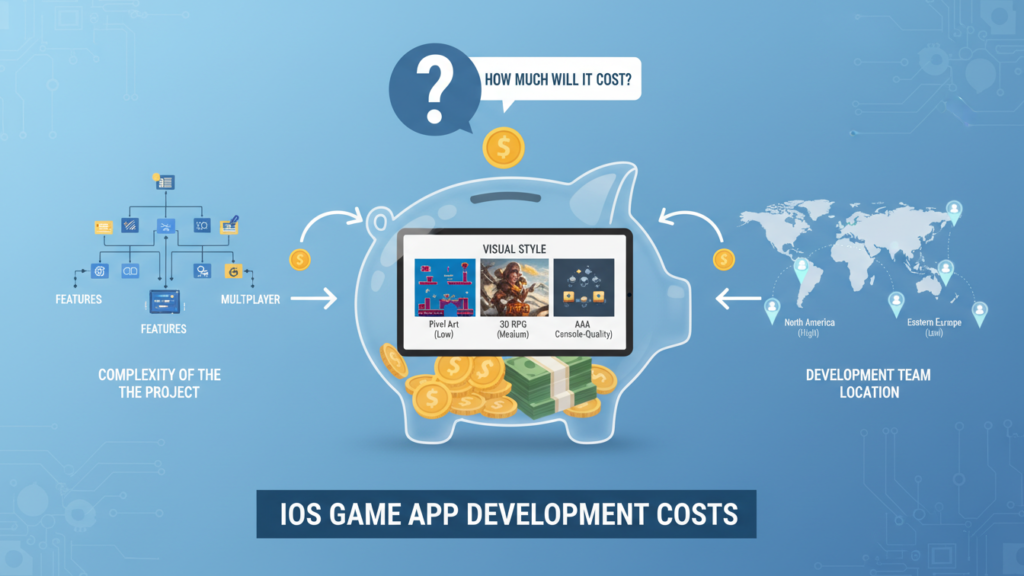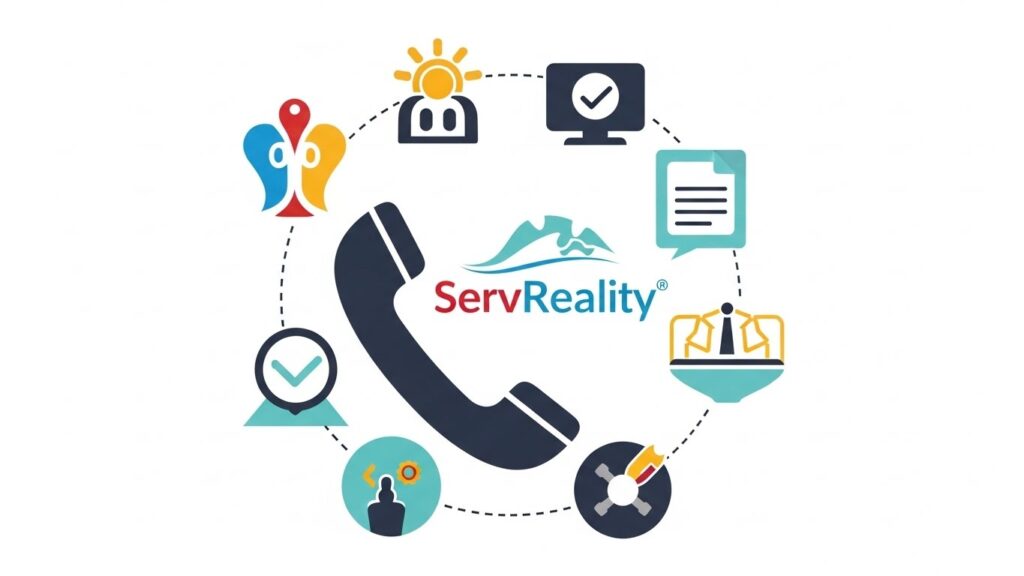While technical skills are essential for iOS app development, soft skills are equally important. Developers who possess strong communication, collaboration, and problem-solving skills are better equipped to navigate the complexities of the development process and deliver successful projects.
1. Communication Skills
Effective communication is essential in any field, but it’s particularly crucial in iOS app development. Developers must communicate effectively with their team members, clients, and stakeholders to ensure that everyone is on the same page. This includes being able to explain complex technical concepts to non-technical people, as well as actively listening and responding to feedback from others.
2. Collaboration Skills
Developing an iOS app requires collaboration with a variety of stakeholders, including designers, testers, project managers, and other developers. Developers must be able to work effectively in a team environment, share ideas, and give and receive constructive feedback. They should also be open to learning from others and adapting to new processes and technologies as needed.
3. Problem-Solving Skills
IOS app development is full of challenges, and developers must be able to approach problems with a creative and adaptable mindset. This includes identifying the root cause of issues, brainstorming solutions, and making data-driven decisions. Developers should also be willing to think outside the box and come up with innovative approaches to solving complex problems.
4. Adaptability Skills

The world of iOS app development is constantly evolving, and developers must be able to adapt to new technologies, platforms, and tools as they emerge. This includes staying up-to-date with the latest trends in design and development, as well as being open to learning new programming languages and frameworks.
5. Time Management Skills
Developing an iOS app can be a time-consuming process, and developers must be able to manage their time effectively to meet project deadlines. This includes prioritizing tasks, breaking them down into smaller, more manageable chunks, and being able to pivot when unexpected issues arise.
6. Attention to Detail Skills
The success of an iOS app often depends on the details, and developers must have a keen attention to detail. This includes testing the app thoroughly, fixing bugs and errors, and ensuring that the user experience is seamless and intuitive. Developers should also be able to catch mistakes made by others and provide constructive feedback to help improve the overall quality of the product.
The Role of Agile Methodologies in iOS App Development
Agile methodologies have become increasingly popular in iOS app development, as they provide a flexible and iterative approach to project management that allows teams to respond quickly to changing requirements and priorities. In this section, we will explore some of the key benefits of using agile methodologies in iOS app development.
1. Flexibility and Adaptability
Agile methodologies allow teams to be more flexible and adaptable, as they can adjust their plans and priorities quickly in response to changing requirements or market conditions. This makes it easier for teams to pivot when necessary and deliver a high-quality product that meets the needs of their clients and stakeholders.
2. Improved Collaboration and Communication
Agile methodologies encourage collaboration and communication among team members, as they work together to deliver a high-quality product in a timely manner. This includes regular meetings, daily stand-ups, and other forms of communication that help keep everyone on the same page and ensure that everyone is working towards the same goals.
3. Faster Time-to-Market
By using agile methodologies, teams can deliver a high-quality product more quickly, as they are able to identify and address issues early in the development process. This reduces the time spent on debugging and testing, allowing teams to focus on delivering new features and improvements to the app more quickly.
4. Better Quality Products
Agile methodologies help teams deliver better quality products by encouraging regular testing and feedback from users and stakeholders. This allows teams to catch bugs and errors early in the development process, ensuring that the final product is stable, reliable, and meets the needs of its users.
The Importance of Continuous Learning and Improvement in iOS App Development
As technology continues to evolve, iOS app development requires a commitment to continuous learning and improvement. Developers must be willing to stay up-to-date with the latest trends and technologies in order to deliver high-quality products that meet the needs of their clients and stakeholders.
1. Staying Up-To-Date with New Technologies and Tools
The world of iOS app development is constantly evolving, and developers must be willing to learn new technologies, frameworks, and tools in order to stay competitive in the industry. This includes keeping up-to-date with new programming languages like Swift and Objective-C, as well as emerging technologies like AR and VR.
2. Participating in Online Communities and Forums
Developers can learn a lot from participating in online communities and forums dedicated to iOS app development. These communities provide a platform for sharing ideas, asking questions, and receiving feedback from other developers, which can help teams identify new approaches and techniques that they may not have considered otherwise.
3. Attending Conferences and Workshops
Conferences and workshops are great opportunities for developers to learn about the latest trends and technologies in iOS app development. These events provide a platform for networking with other developers, attending sessions and talks on a variety of topics, and learning from experts in the field.
4. Collaborating with Other Teams and Developers
Collaboration is key to continuous learning and improvement in iOS app development. Developers can learn a lot from working with other teams and developers who have different skill sets and experiences. This can help teams identify new approaches and techniques, as well as gain a deeper understanding of the challenges and opportunities presented by new technologies and platforms.
Summary
In conclusion, iOS app development requires a combination of technical and soft skills to be successful. Developers must have a strong foundation in programming concepts, be proficient with Xcode IDE, possess effective communication, collaboration, problem-solving, adaptability, time management, and attention to detail skills, and embrace agile methodologies and continuous learning and improvement as key factors for success. With the right tools, techniques, and mindset, developers can create high-quality products that meet the needs of their clients and stakeholders in an ever-changing technological landscape.



